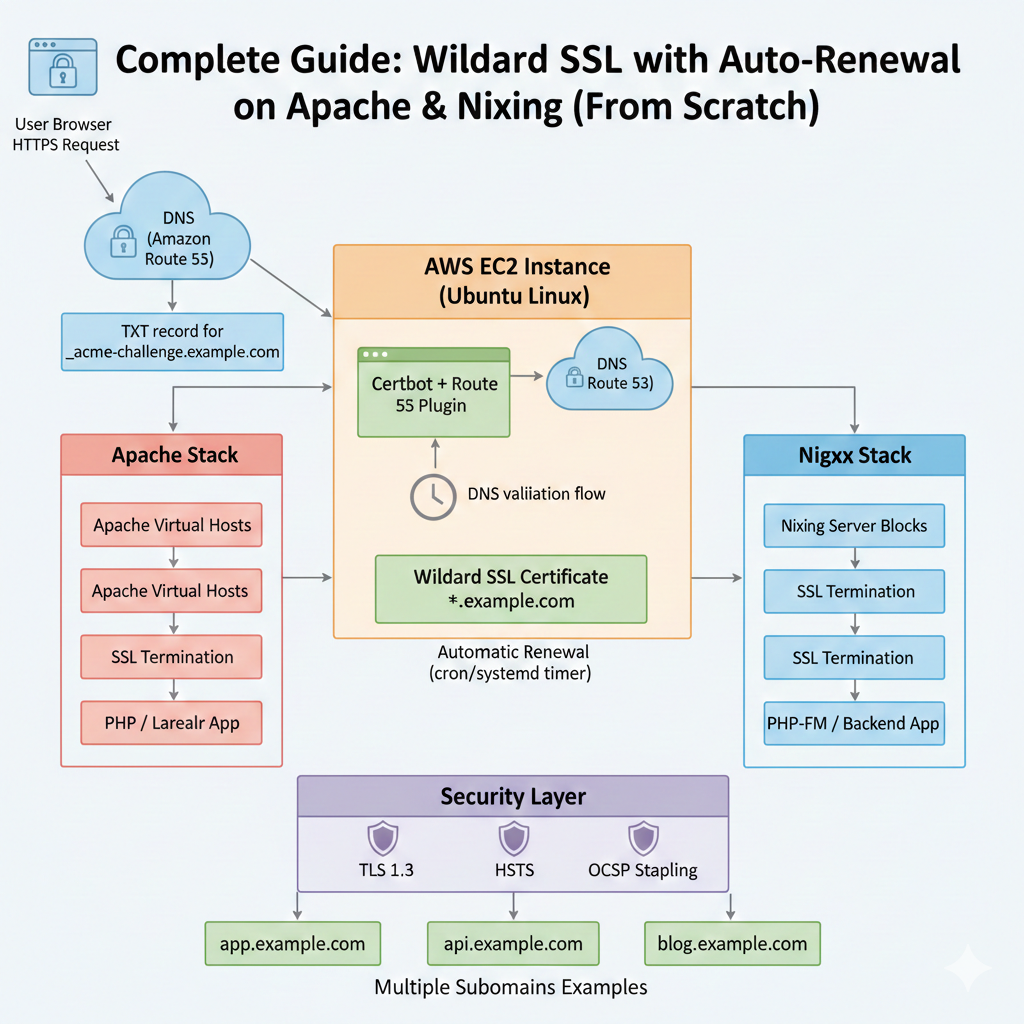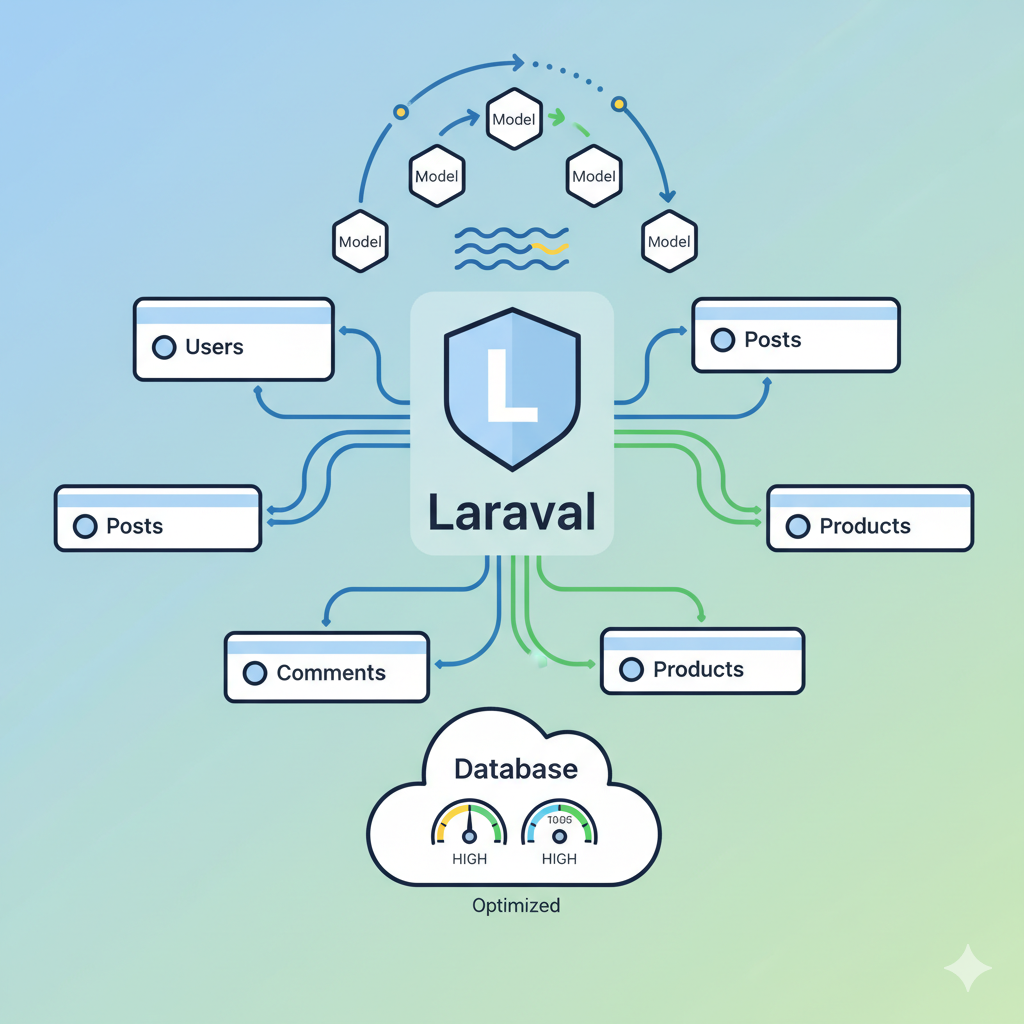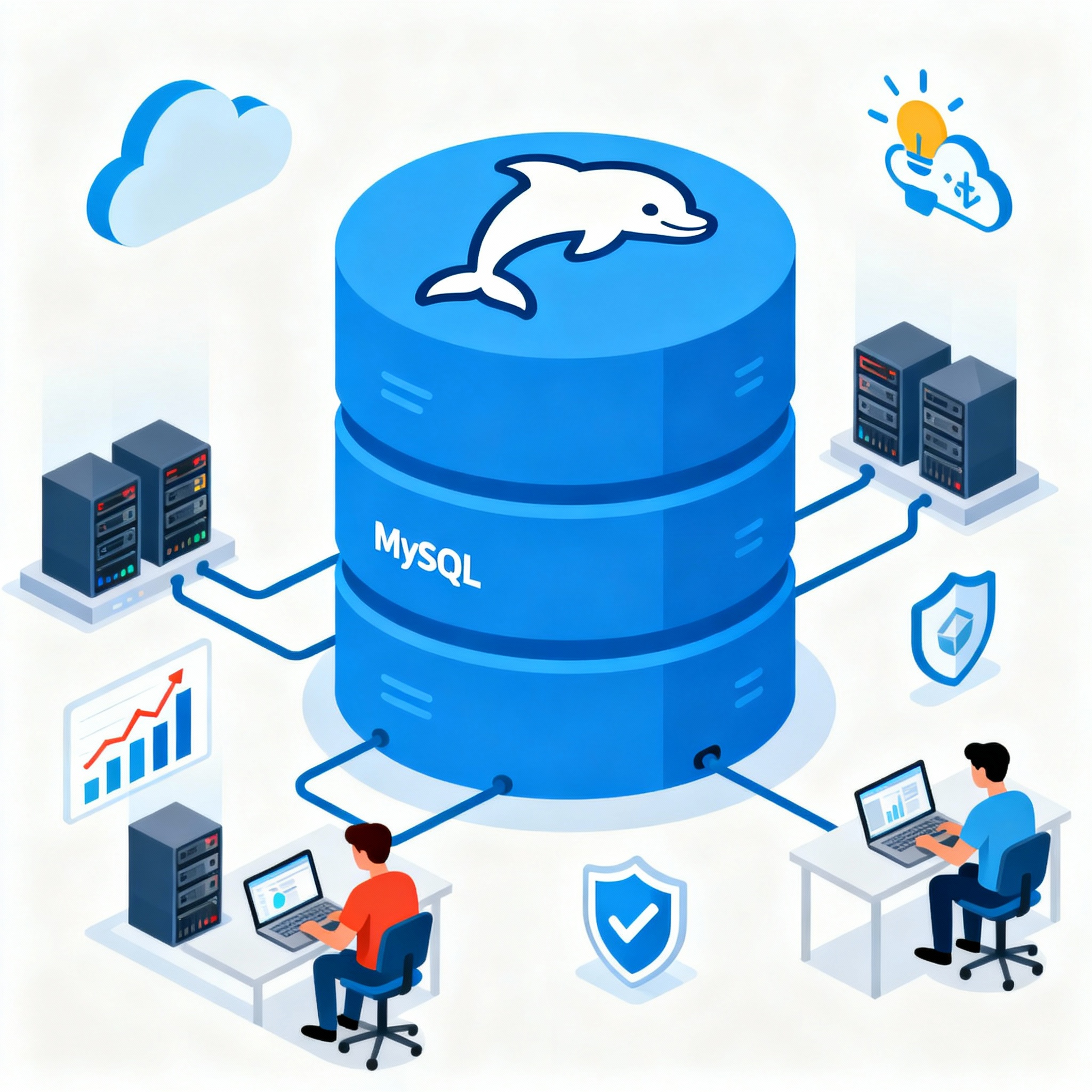
The open-source ecosystem has once again been shaken by what is being called the largest npm supply chain attack in history. On September 8, 2025, attackers managed to compromise 18 widely used npm packages, including popular libraries like chalk, debug, and color. These packages collectively record billions of weekly downloads, meaning the potential impact was catastrophic [1][2].
What Happened?
The attacker successfully phished a trusted npm maintainer (“qix”) using a convincing email sent from a fake domain: npmjs[.]help. Once the credentials were stolen, the attacker published malicious versions of popular packages.
These trojanized versions contained crypto-clipper malware — designed to hijack cryptocurrency wallet addresses in clipboard data, silently redirecting funds during transactions [1][3].
Attack Timeline
Why It Matters to Me as a Developer
When I first read about this attack, my reaction wasn’t just “another supply chain breach.”
It hit me harder because:
- I use these packages every day. Libraries like chalk, debug, and color aren’t exotic—they’re part of almost every Node.js project I’ve touched. Knowing they were compromised made me realize just how fragile my toolchain is.
- Trust is invisible until it breaks. Most of us run npm install without a second thought. This incident reminded me that every dependency I pull in is a piece of someone else’s code that I’m trusting blindly.
- Security ≠ someone else’s job. In the past, I’d think: “our DevOps or security team will catch this.” But when malicious code sneaks into packages at install-time, it’s on me too—because I’m the one introducing it into our codebase.
- It changes my workflow. Now, before blindly updating, I double-check what’s being installed. I’ve started using tools like npm audit and dependency monitoring more seriously—not because it’s trendy, but because I don’t want to be caught off guard.
This isn’t just a headline. It’s a reminder that software supply chain attacks don’t just hit “the ecosystem”—they hit me and my projects directly.
Pros and Cons of the Response
Pros
- Fast Detection: Aikido Security flagged anomalies within hours.
- Rapid Containment: Popular packages were removed within an hour.
- Ecosystem Coordination: Major players like Vercel, Semgrep, and npm quickly mobilized.
- Transparency: Multiple vendors publicly disclosed timelines and response details.
Cons
- Single Point of Failure: A single maintainer’s account compromise impacted millions of projects.
- Phishing Vulnerability: Maintainer accounts still rely heavily on human trust.
- Exposure Window: Thousands of developers may have unknowingly pulled infected packages.
- Dependency Blind Spots: Many organizations lack visibility into transient npm dependencies.
Incident Response Playbook (Quick Guide)
Here’s a response checklist if your organization could have been exposed:
- Audit dependencies – Check if your builds between 9:00–11:30 AM ET on Sept 8 pulled compromised versions.
- Lock package versions – Use lockfiles (
package-lock.json) and only update after auditing. - Purge build artifacts – Clear CI/CD caches and rebuild from verified sources.
- Monitor systems – Look for signs of crypto-clipper activity or abnormal clipboard access.
- Enable 2FA for maintainers – Reduce the chance of phishing-based account takeovers.
- Adopt supply chain security tools – Tools like Semgrep, Socket, and Snyk can detect suspicious behavior early.
Lessons Learned
This attack shows how fragile the open-source supply chain can be. A single phishing email led to a chain reaction that impacted libraries downloaded billions of times per week. While the ecosystem’s quick response prevented a disaster, it’s clear that supply chain security must evolve.
Organizations should not only rely on the speed of the open-source community but also proactively harden their defenses: lock dependencies, use monitoring tools, and train developers to spot phishing threats [1][4][6].
Code-Level Security Best Practices
Beyond learning from this incident, we developers can strengthen their projects with practical safeguards. Here are some code-level measures you can adopt right away:
- Lock Dependencies
Always use package-lock.json or npm-shrinkwrap.json to ensure consistent builds and prevent pulling unexpected versions.
# Install exactly as specified in package-lock.json npm ci
- Enforce Dependency Integrity
Run security checks automatically before installing dependencies.
// package.json
"scripts": {
"preinstall": "npm audit --production"
}
- Use Trusted Registries Only
Explicitly set your npm registry to the official source (or a vetted mirror).
npm config set registry https://registry.npmjs.org/
- Enable Two-Factor Authentication (2FA) for Maintainers
Maintainer accounts should always be protected by 2FA to reduce phishing and account takeover risks.
# Require 2FA for both authentication and package publishing npm profile enable-2fa auth-and-writes
- Adopt Supply Chain Security Tools
Use automated tools to scan, monitor, and detect malicious dependencies.
# Example with Snyk npm install -g snyk snyk test
Other useful tools: Semgrep, Socket.dev, Dependabot, GitHub Advanced Security.
Pro tip: Combine these practices with CI/CD pipeline rules so that unsafe dependencies are blocked before reaching production.
References
- Security Alliance – Analysis of npm Supply Chain Attack (2025)
- Checkmarx Zero-Day Post – Chalk & 17 npm Packages Compromised
- The Register – Developer Falls for Phishing Email
- Semgrep – Chalk, Debug, and Color npm Packages Compromised
- Vercel – Critical npm Supply Chain Attack Response
- BleepingComputer – Hackers Hijack npm Packages with 2 Billion Weekly Downloads



No comments yet
Be the first to start the discussion!